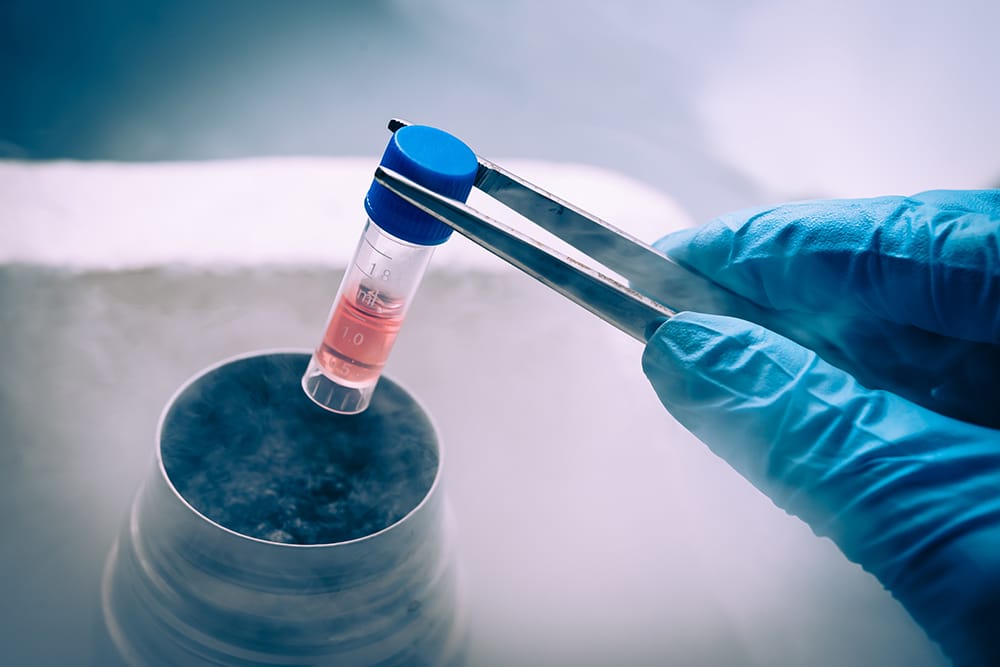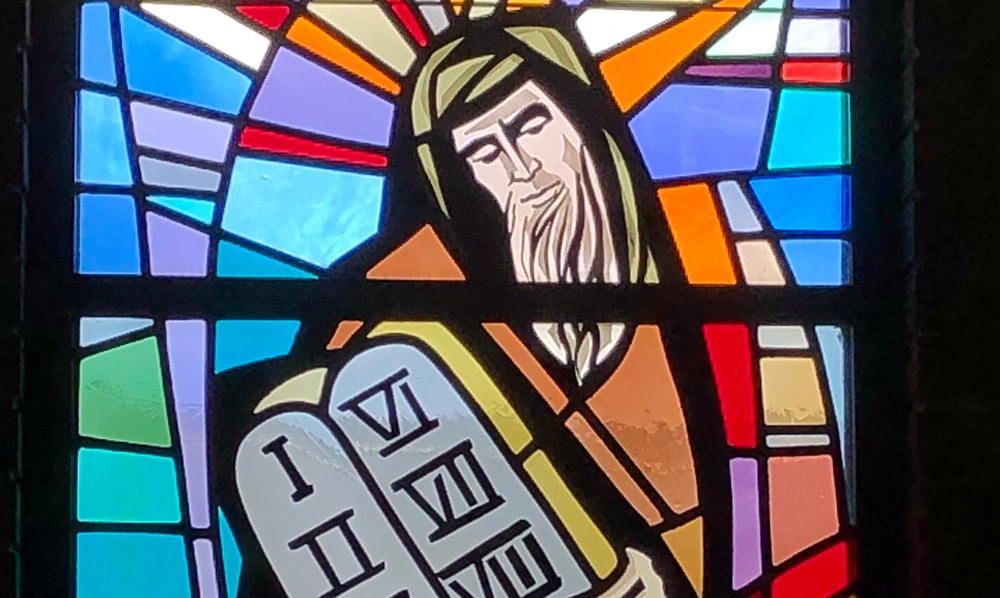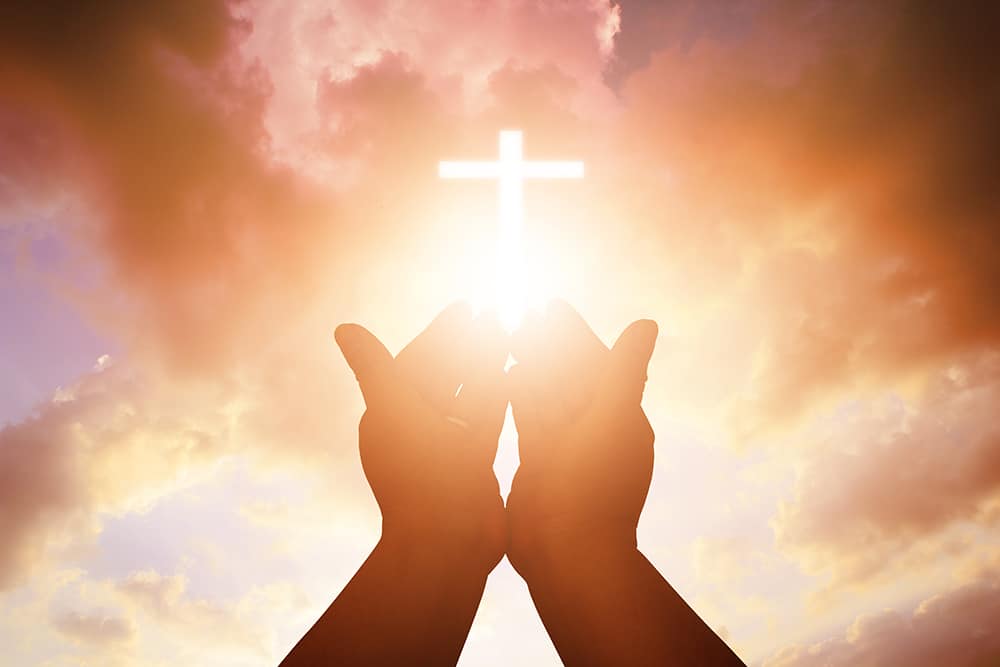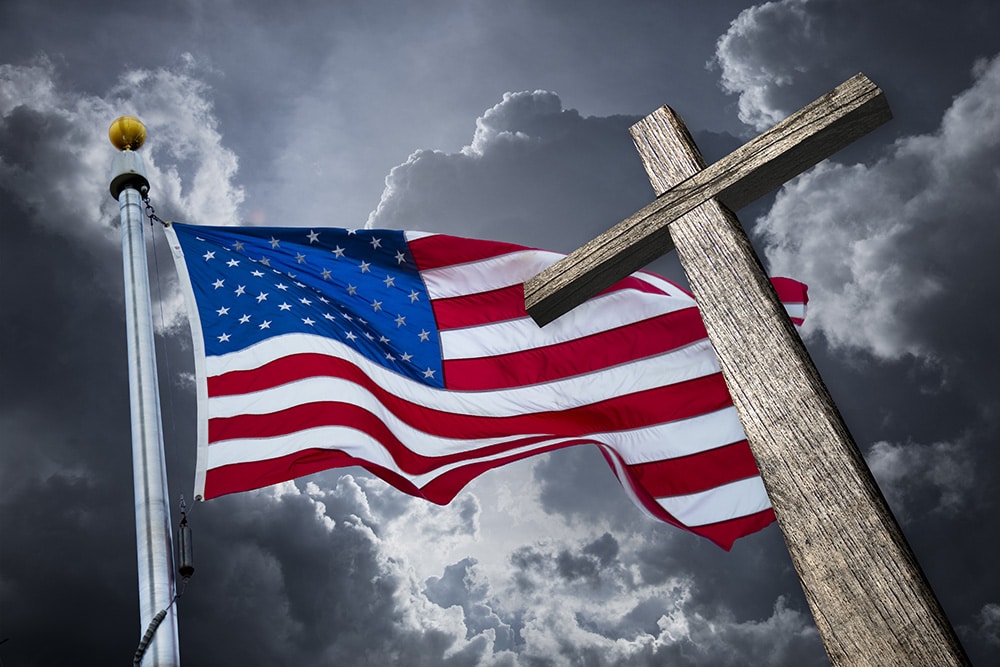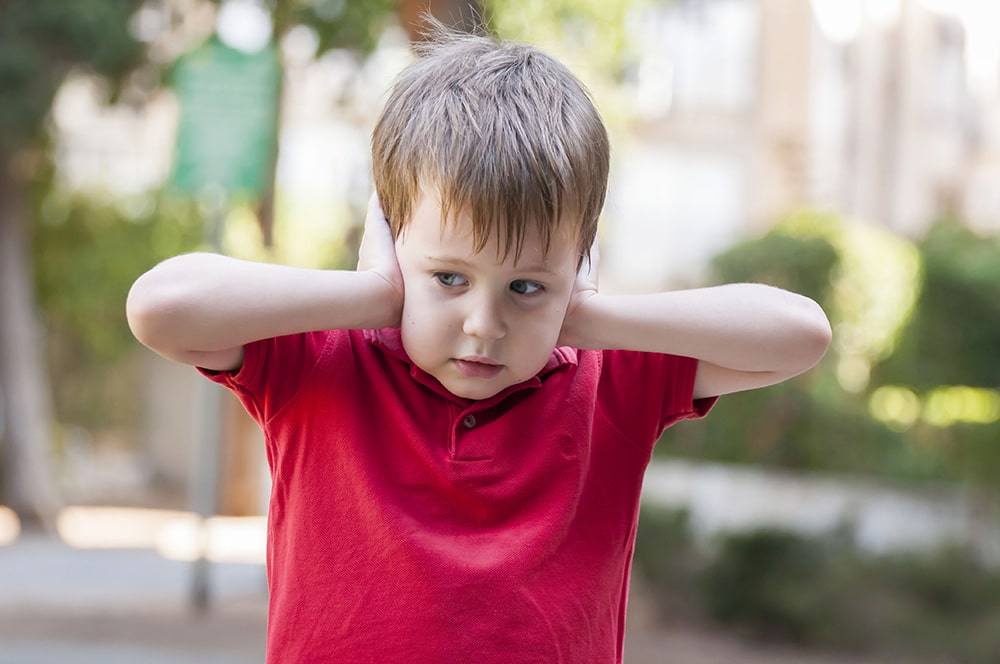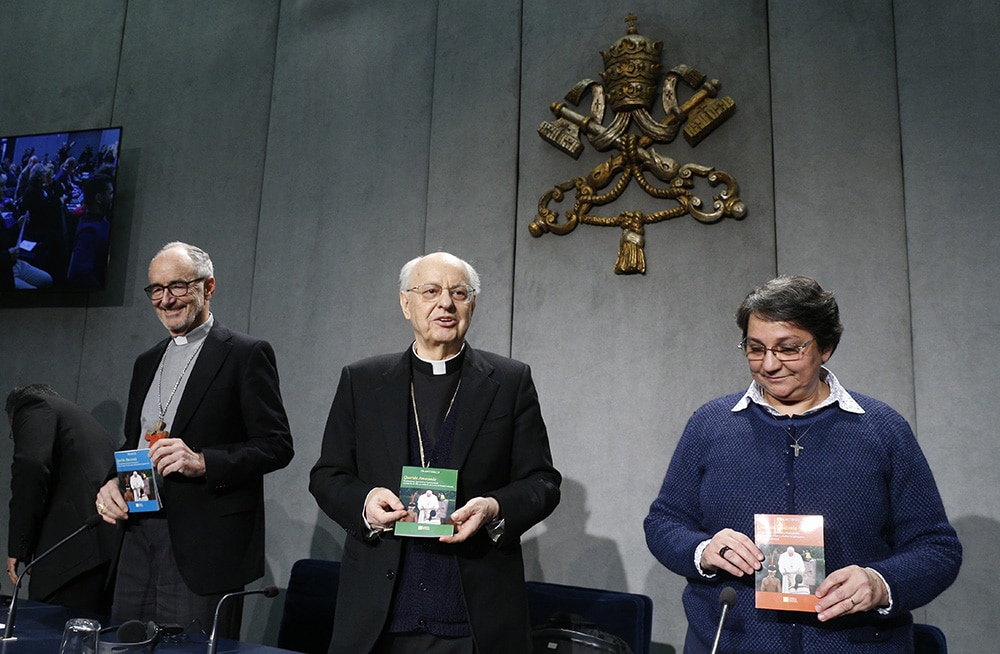 Question: In class, we are learning about genetics, DNA and stem cell research, and we even discussed cloning and manipulating DNA. We discussed whether it was right or not. It seems to me it is wrong. What does the Church teach?
Question: In class, we are learning about genetics, DNA and stem cell research, and we even discussed cloning and manipulating DNA. We discussed whether it was right or not. It seems to me it is wrong. What does the Church teach?
— Andrea Macsay, via email
Answer: Some distinctions must be made to answer your questions. The Church does not forbid all stem cell research, but only research using stem cells obtained from human embryos. This is because obtaining stem cells from human embryos means that they have been aborted or killed. And since life begins at conception, killing an embryo means killing a human person.
There are other sources of stem cells, however. Stem cells can be obtained from any healthy adult. Stem cells can also be obtained from the umbilical cord and sometimes from the placenta just after birth. There is no objection to research involving stem cells from these sources. In fact, most of the successful stem cell research involves the use of these sorts of stem cells. Embryonic stem cells have proved problematic for research.
As for cloning, here, too, we must distinguish between cloning using plant and animal cells versus cloning using human cells. There is no formal Church teaching against cloning animal or plant cells, although there may be legitimate bioethical concerns raised by Catholics in the field.
But as for any cloning using human cells with the intent of “replicating” human beings, this is clearly forbidden. Human life is sacred, and we are not to toy with it or seek to manipulate the manner in which human beings come to life. We are to respect that the origin of human life comes from God in the loving embrace of the marital act. Human lives are not to be conceived in petri dishes, laboratories or by gene splitting or any cloning technologies. We are to be conceived in our mother’s womb as the normal and sacred result of the marital act.
It is for similar reasons that the Church also forbids in vitro fertilization (IVF). Not only does IVF set aside the marital act, but it also conceives life in a laboratory producing a number of embryos. But since only one embryo is needed (or wanted), the other embryos are killed, or frozen and eventually killed. And thus we are back to killing human beings.
As for manipulating DNA, there is no formal or broad prohibition of this. It can be therapeutic, producing superior, disease-resistant plants and animals. It can also be therapeutic for human beings by eliminating diseases or other genetic maladies. However, there can be bioethical issues that arise in certain specific cases that are too complex and numerous to set forth in a brief column. But as a general norm, studying and seeking to heal by manipulating DNA can be permitted, presuming we are not trying to create whole new species.
Infant saints in heaven
Question: Some years ago a sibling, who was an infant and was baptized, died. Does the Church consider him a saint?
— Name withheld
Answer: Yes, infants who are baptized go to heaven immediately. This is due to the fact that they have no sin. Baptism washes away original sin and, due to their age, infants and young children have no personal sin for which they are morally responsible. God holds us responsible only for those things we can reasonably know and understand. The youngest of children do not yet sufficiently understand why things are wrong and, hence, the Lord, who is just, does not hold them responsible for the sins or hurtful things they might do.
As a general norm, the Church considers age 7 to be the age of reason. At this age, children begin to have a sense of right and wrong in sufficient degree that they can freely and with deliberation commit sins. This capacity to discern right and wrong in particular circumstances grows as we make our journey through life, but by age 7 there is enough capacity to do this that some personal responsibility for our sin begins.
Choosing the age of 7 as the dawn of moral responsibility is not a dogma, but it is a pastoral judgment of the Church on which we can rely based on long experience.
Hence, while not formally declaring your sibling a canonized saint, the Church surely acknowledges him as among the saints in glory.
Msgr. Charles Pope is the pastor of Holy Comforter-St. Cyprian in Washington, D.C., and writes for the Archdiocese of Washington, D.C. at blog.adw.org. Send questions to msgrpope@osv.com.

